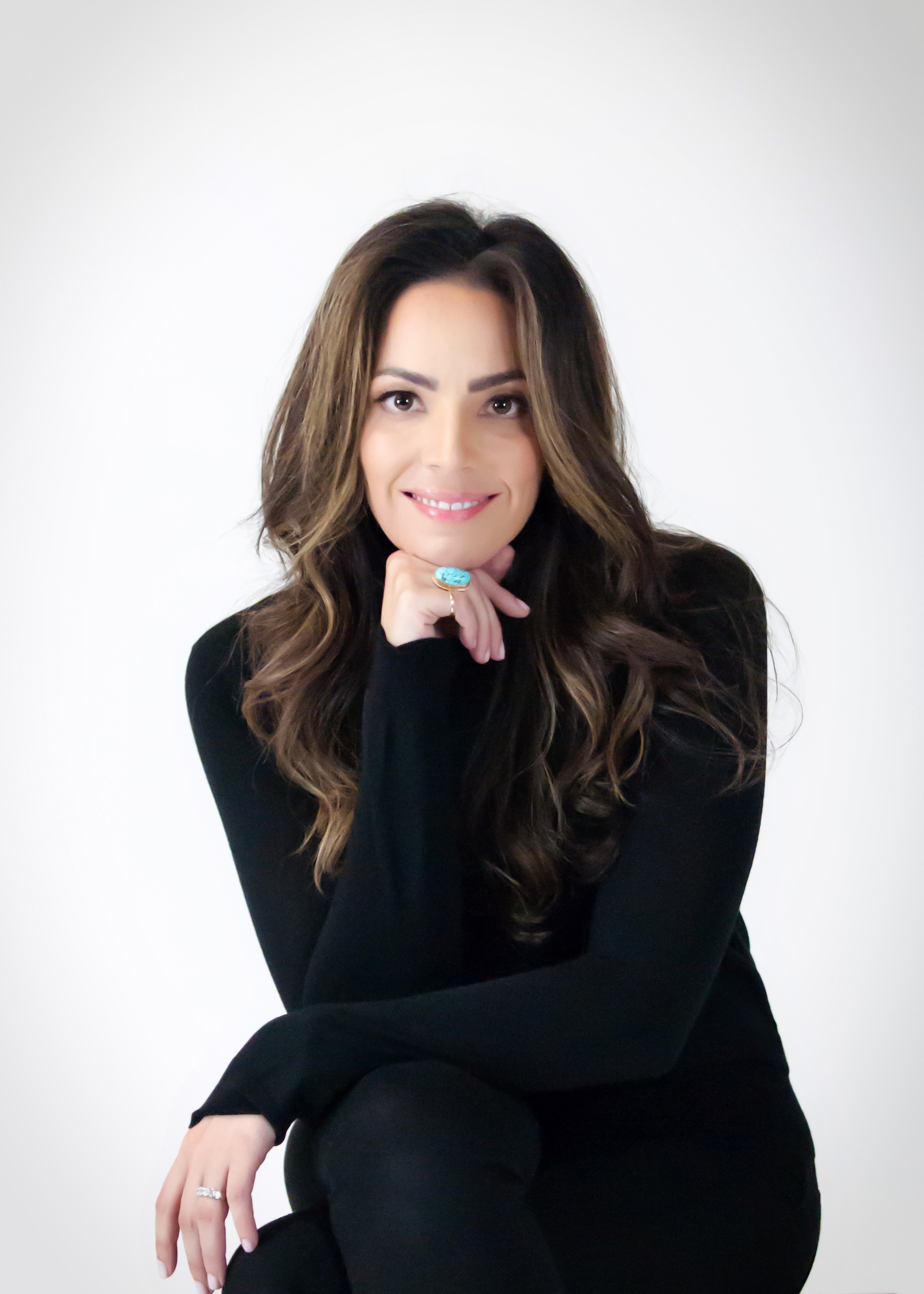We tend to think of empathy as an extremely wonderful trait. It’s what gives us heart and allows us to connect to others in a way that makes giving easy. Not to mention that if we don’t have some empathy towards others — or we lack it completely — we begin to approach narcissistic or sociopathic behavior (personality disorders that struggle with empathy).
So, what is empathy really?
Empathy can be simply explained as awareness of the feelings and emotions of other people. It’s also a key element of emotional intelligence. It’s the link between the self and others; if we allow ourselves to recognize, feel, and think what someone else feels and thinks, we are much more likely to connect with them.
The list of all of the wonderful benefits of empathy is long, but there’s another side of it that is also important to address: Sometimes, empathy can go too far. If you don’t understand how to harness your empathy, you can run into some major problems.
1. Don’t lose yourself in a “temperature check.”
Empathic people feel so deeply that they often lose themselves in their relationships and become utterly selfless; they are so in tune with their partner’s feelings that they lose touch with their own. When this comes up for my clients, I use the term “temperature check” to describe what they’re doing. It’s a term I created, and it’s akin to checking the temperature in a room. Instead of measuring actual heat or coolness, though, empaths are constantly checking in on the energy or feelings of the room instead of how we feel inside.
It’s an empathic person’s nature to tune into the world around them. For most, they tune in and do a “temperature check” of each room and every situation they enter. They’re checking to see if it’s “okay” to engage with others. Think about that: if you’re always reading the room and reacting based on the environment around you, it’s really easy to lose yourself or any sense of how you feel.
2. Go from selfless to Self-Full™.
Relationships can teach selfless, empathic people major life lessons on self-care and boundaries that will hopefully guide them to enter a state of being Self-Full™ instead. Imagine Self-Full as the middle ground between being too selfish (narcissistic) and too selfless (too empathic). Being Self-Full means learning to stay grounded, meet your own internal needs first, and become more aware of what’s going on internally. It means learning how to give and receive in a balanced, healthy way.
3. Start by exploring your own empathy.
- Begin to notice why and how you developed this ability. Was it taught to you as a child? Did you pick it up later on in life?
- Be kind and graceful with yourself. Empathy is a beautiful ability, and when you start to realize where it works and where it doesn’t, you can harness this gift and your life becomes much more peaceful.
- Direct the same energy you put towards empathizing with others back onto yourself. Check in with how you feel and what you need.
- Spend more time inside your feelings and experiences so you can relate more with yourself.
- Yes, it can be downright uncomfortable for an empath to learn how to “take” from others — but reframe this! You’re not “taking”; you’re learning how to receive instead of giving to the point of exhaustion.
I am not asking you to stop giving to or helping others. That’s not the point here. What I’m saying is that your own self-care is just as important (if not more important) than the love you give to others.
4. Try this next time you want to give without receiving.
- Pause. Notice where you are. Notice that you are falling into the same trap. Take a few moments to breathe and come back into your body.
- Start to pay attention to the sensations of your body. Why do you feel this innate need to give? Are you okay with yourself? What do you need right now?
- Most importantly, remind yourself that it’s okay to pull your energy back so you can use it for your own healing or needs.
No one can provide you with self-care. If you’re stuck giving all of your energy to others, who’s going to take care of your needs? The only one who can care for all your needs is you. Don’t drain yourself caring for others and leave nothing for yourself. Stop being a victim to the endless giving, and start to harness your empathy. Not only will you be taken care of, but you’ll find you have plenty more to give to others, too.
Follow us here and subscribe here for all the latest news on how you can keep Thriving.
Stay up to date or catch-up on all our podcasts with Arianna Huffington here.


